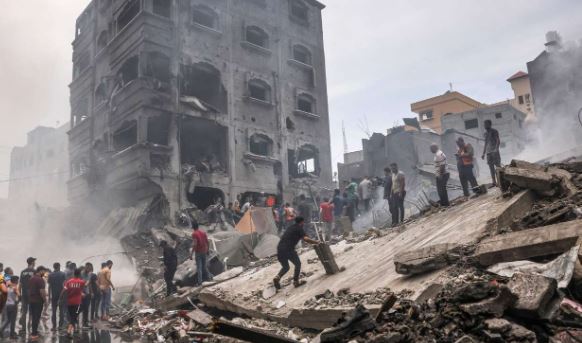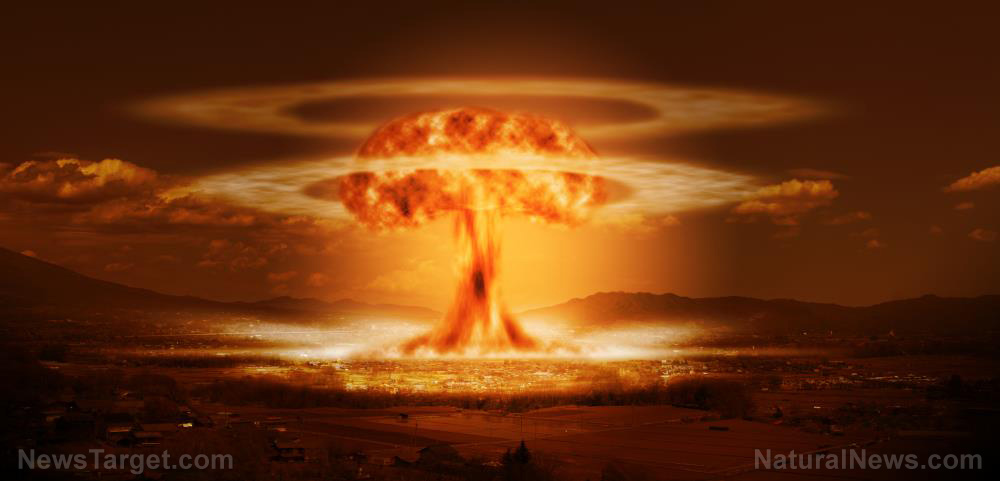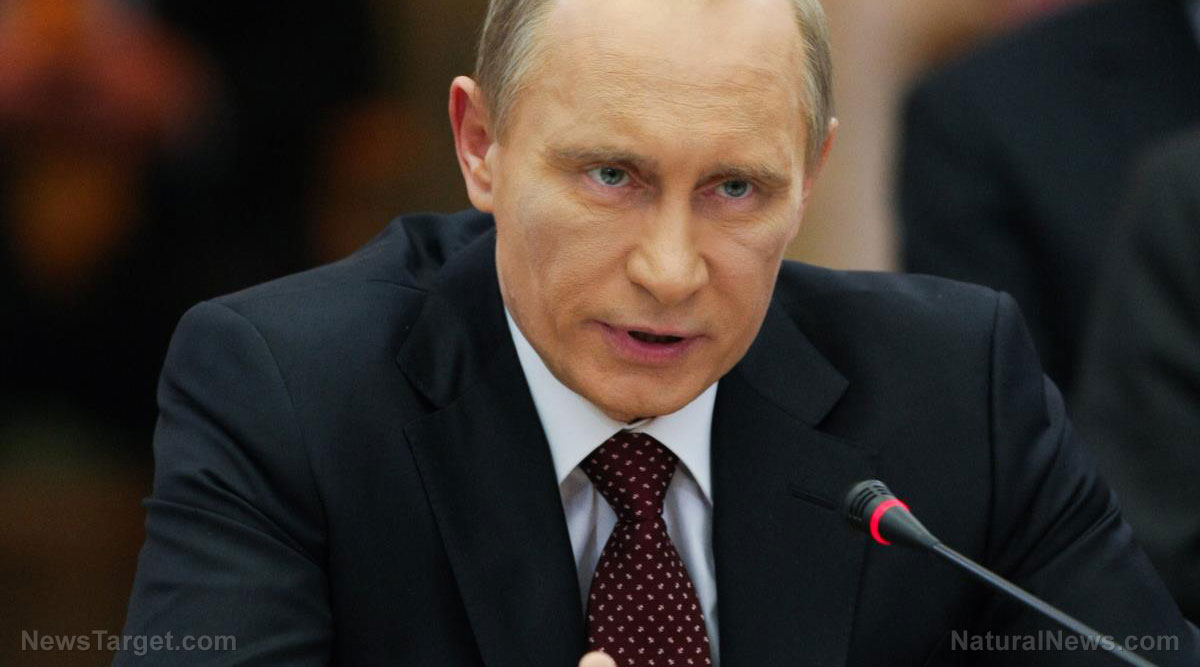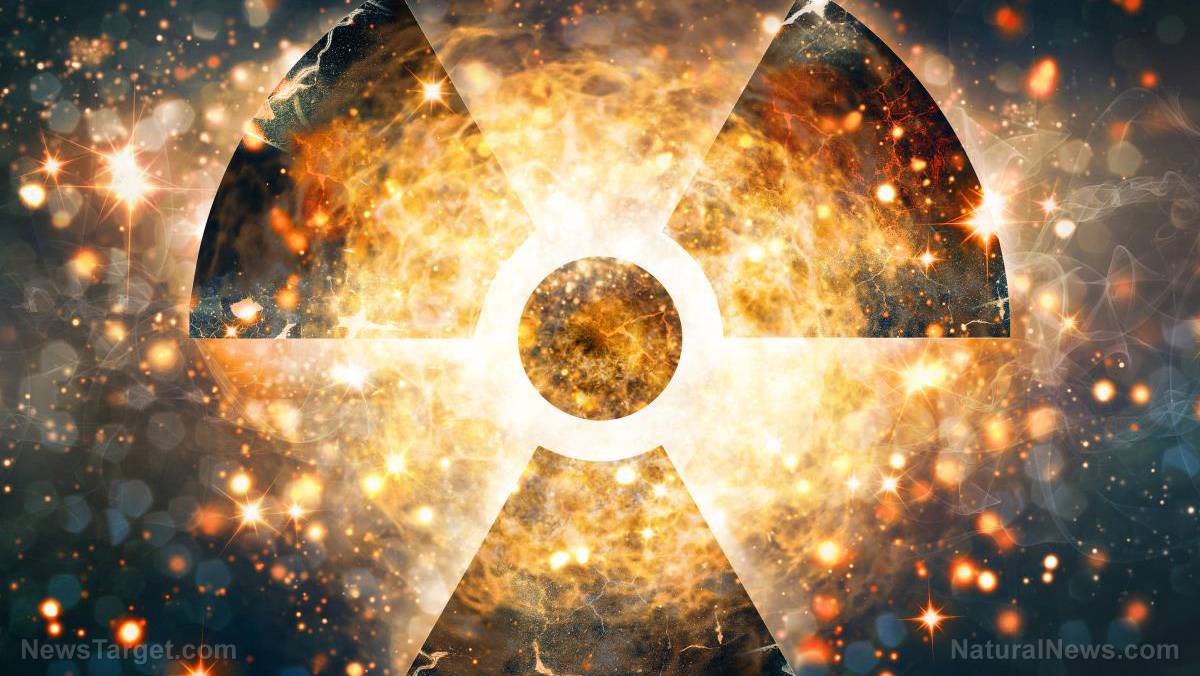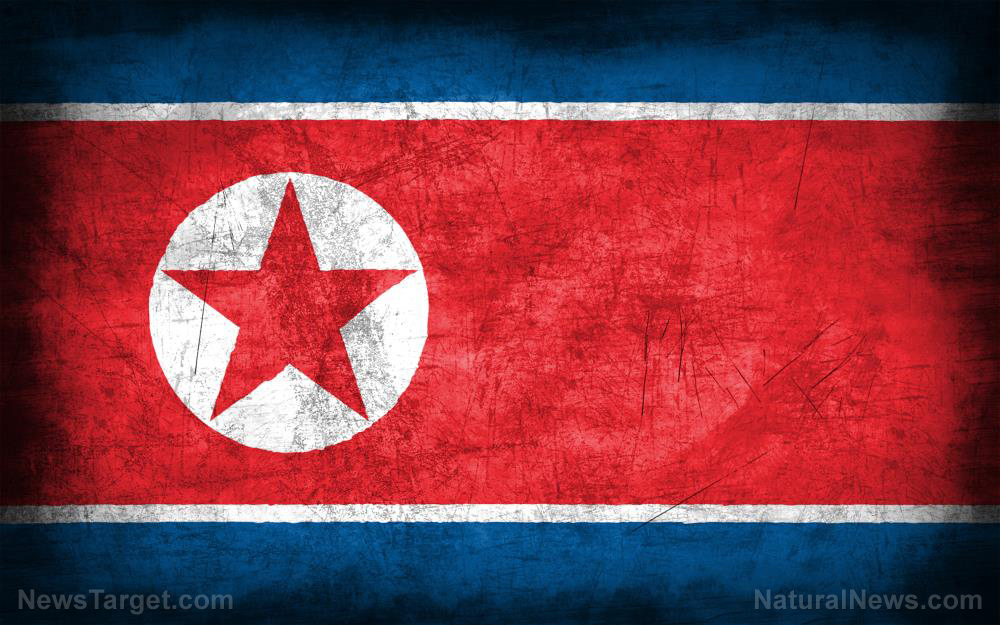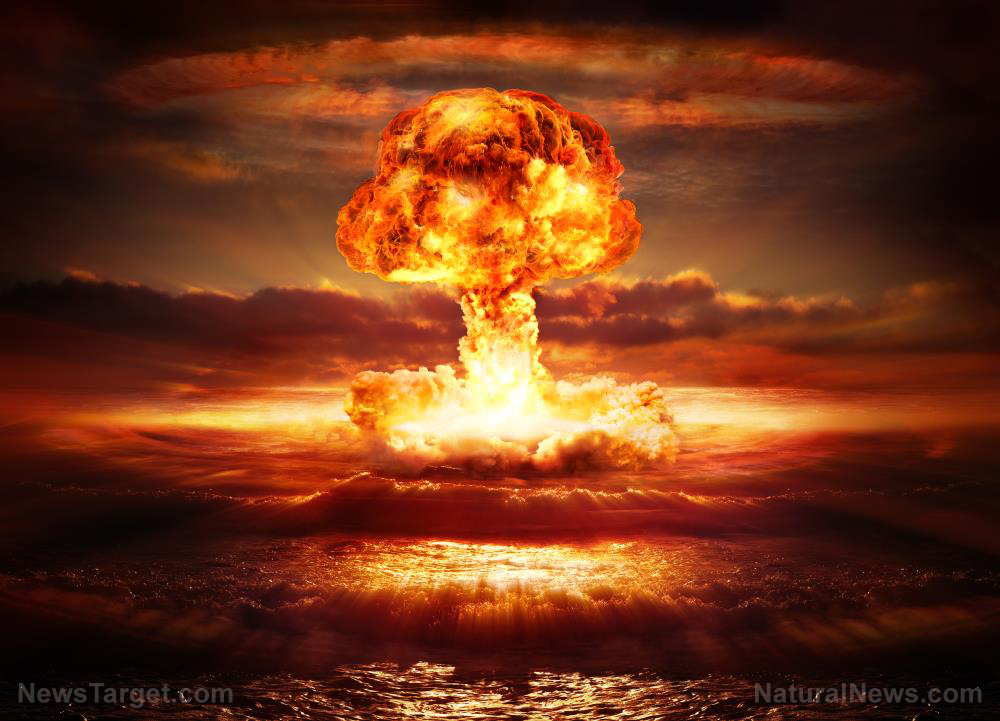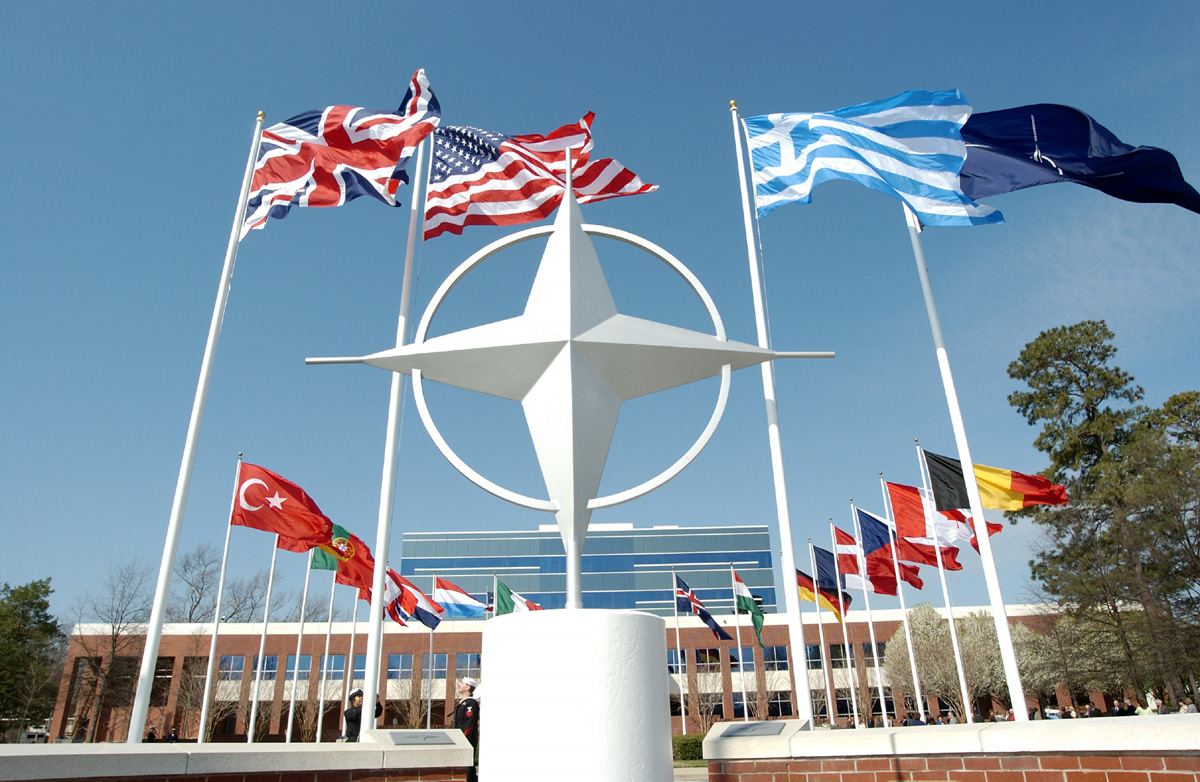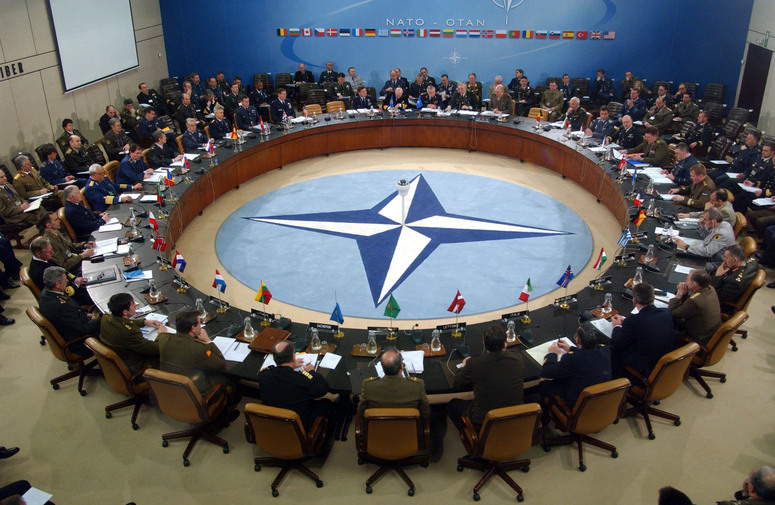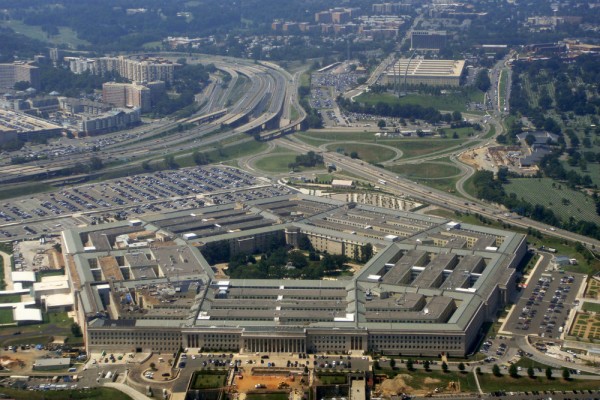Iran warns Israel: Nuclear doctrine may shift if its nuclear facilities are attacked
10/15/2024 / By Richard Brown
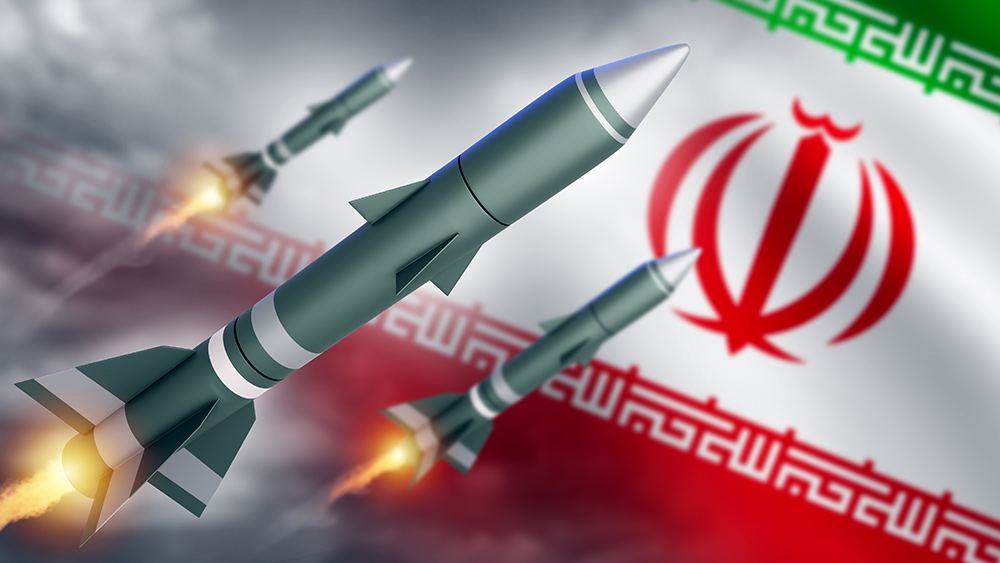
A senior adviser to Iran’s Supreme Leader Ayatollah Ali Khamenei has suggested that the country may revise its nuclear doctrine if Israel attacks its nuclear facilities.
In an interview with Iran’s Fars News Agency on October 9, Brig. Gen. Rasoul Sanaei-Rad warned Israel against targeting these facilities.
“These days, there is talk of approaching zero hour and the reaction of the Zionists,” he said, emphasizing that even officials in the United States have been advising Israel to avoid such escalatory actions, indicating that the potential repercussions of striking Iran’s nuclear sites must be carefully considered.
Sanaei-Rad articulated that an attack on Iran’s nuclear centers could significantly alter the strategic landscape and lead to changes in Iran’s nuclear policies. He declared that targeting these facilities would cross “regional and global red lines” and reminded that there are established protocols regarding nuclear facilities that must be respected during wartime.
Iran’s primary nuclear facility is located in Natanz, a central city in Isfahan Province. The facility has previously been a target of cyberattacks attributed to Israel.
In April 2021, Iran accused Israel of carrying out a devastating cyberattack at Natanz that damaged its centrifuges. Later that month, Iran announced that it had enriched uranium to 60 percent, a level closer to weapons-grade material. Additionally, Iran attributed a drone strike on a military facility in Isfahan to Israel in April.
Sanaei-Rad cautioned that Israel must “reflect on Iran’s possible reaction,” warning that any attack on Iran’s oil and gas infrastructure could impact global fuel prices and energy security.
“The rational advice is not to take any action that will lead to the development of tension. If they want to take action, they should consider these issues,” Sanaei-Rad said.
He highlighted that Israel’s infrastructure is densely concentrated in a relatively small area, making it more vulnerable to a potential Iranian response. (Related: Iran warns Israel not to respond to ballistic missile attack: “Any miscalculation will lead to your sudden collapse.”)
Iran prepared to strike Israeli nuclear facilities in retaliation for any attack on its own nuclear sites
While Sanaei-Rad did not explicitly mention any plans to strike Israeli nuclear facilities, he affirmed that the Iranian armed forces are prepared for a response if Israel were to attack.
“Yes. Before they announced that they intended to take countermeasures, this possibility was given by the armed forces of the Islamic Republic of Iran,” he said, adding that it is assumed Israel may take “a risky action,” and preparations are already in place for a possible response.
He was also asked about Operation Sadeq (True Promise) 2, the Iranian missile attack on Israel that occurred on Oct. 1. Sanaei-Rad accused Israel of censoring information to downplay the damage inflicted on its military bases.
“The real picture was never reflected,” said Sanaei-Rad. “They show the point where a missile hit at a distance from the target several times, but they don’t tend to show the damage done to the hangar.” He emphasized that the “political and psychological repercussions” of the Oct. 1 attacks were much greater than those from a previous Iranian missile attack on Israel on April 13.
After the Oct. 1 attacks, Iran’s chief of staff, Maj. Gen. Mohammad Bagheri, stated that if Israel retaliates against Iranian targets, Iran would be “ready to destroy their infrastructure.”
Watch this clip of a political commentator for Sky News Australia discussing how Iran is the “next major problem” for Israel to deal with.
This video is from the TrendingNews channel on Brighteon.com.
More related stories:
Iran calls ballistic missile attack response on Israel “legal, rational and legitimate.”
Iran blasts Israel with 180 ballistic missiles; Israel preparing to STRIKE BACK.
Sources include:
Submit a correction >>
Tagged Under:
Ayatollah Ali Khamenei, big government, chaos, Iran, Iran-Israel conflict, Israel, nuclear, nuclear doctrine, nuclear policy, nuclear war, nuclear weapons, politics, Rasoul Sanaei-Rad, WWIII
This article may contain statements that reflect the opinion of the author

